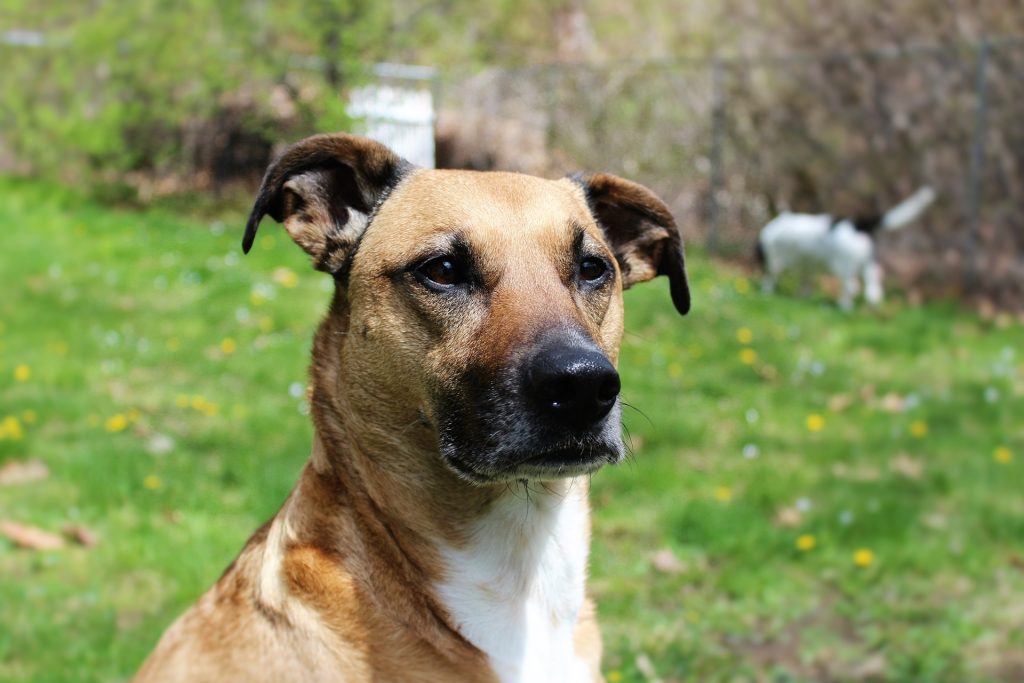Leptospirosis is a deadly disease that poses a serious risk to dogs in this area of Texas. People can also catch Leptospirosis.

What is Leptospirosis?
Leptospirosis is caused by a bacterial infection with the Leptospira bacteria. This bacteria is found word wide in the urine of infected animals and in the soil and water. There are many strains of Leptospirosis. It is a zoonotic disease, meaning that it can be spread to people by animals. Leptospirosis is common in areas with warm climates, and wet areas increase the incidence as well. It can cause serious liver and kidney disease, and even death in pets.
How is Leptospirosis Contracted? 
Dogs are most at risk for Leptospirosis, the disease is rare in cats. Infection is caused by exposure to the infected urine of wild animals or farm animals, including (but not limited to) raccoons, squirrels, rats, deer, and cows. Dogs can also become infected by drinking contaminated rivers, lakes, puddles, and streams. Dogs become infected when the bacteria contacts their mucous membranes or an open wound. People can also catch Leptospirosis from infected urine in water or from wildlife or pets. The disease is unfortunately very prevalent in central Texas.

What are the Symptoms of Leptospirosis?
Signs of Leptospirosis in dogs can very. Some dogs experience life threatening illness or death, while others have very mild symptoms. Symptoms of Leptospirosis in dogs include fever, lethargy, shivering, tenderness, vomiting, dehydration, diarrhea, poor appetite, and jaundice (yellowing of the skin). The disease can cause kidney failure and liver failure. It can also cause bleeding disorders, edema (swelling of the limbs or body), and breathing problems. Leptospirosis is diagnosed by both physical exam findings, as well as urine and blood testing.
How is Leptospirosis Treated and Prevented?
Leptospirosis is treated with aggressive supportive care, IV fluids, and antibiotics. Even with appropriate treatment some dogs may still pass away from the disease, or have long term kidney or liver damage. People handling dogs with Leptospirosis must take extra care to wash hands after contact with the dog, and must be extra careful to avoid contact with the dog’s urine.
Prevention is Key! There is a canine Leptospirosis vaccine available to all healthy dogs at risk for the disease. In this area of Texas the vaccine is recommended. It is generally given yearly after the initial vaccine and booster. The vaccine does not prevent infection 100% of the time, however it greatly reduces the risk of infection with Leptospirosis.

If you have any questions about Leptospirosis please call us at 830-438-7800.
Thank you, Megan Hughes, DVM






